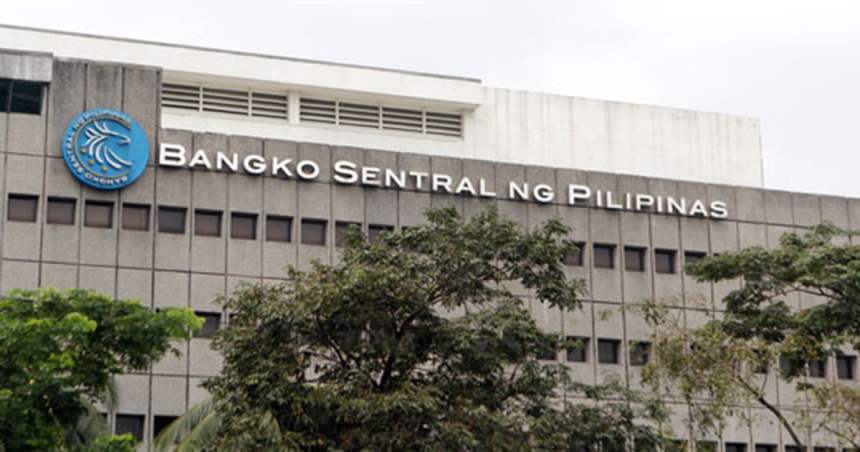Reason to trust

How Our News is Made
Strict editorial policy that focuses on accuracy, relevance, and impartiality
Ad discliamer
Morbi pretium leo et nisl aliquam mollis. Quisque arcu lorem, ultricies quis pellentesque nec, ullamcorper eu odio.
The Philippines may soon introduce bitcoin regulations as the country’s central bank decides to tighten its screws around money laundering. The bank is also focused on improving the security of the cyber infrastructure.
The South East Asian country of Philippines has suddenly decided to go hard on the money transfer and remittance businesses in the country. The sudden crackdown seems to be connected with the recent report published by Reuters and Fortune which pointed out serious cyber security lapses on the US Federal Reserve’s part. Incidentally, the report also mentioned the theft of over $81 million from a Federal Reserve account belonging to the Central Bank of Bangladesh.
Regulations in the Philippines to combat money laundering and cyber threats
According to reports emerging from the Philippines, the country has canceled the money transmitter license of Philrem Service Corporation, a leading remittance service operator as its service was allegedly used by the hackers to transfer money from the account belonging to the Central Bank of Bangladesh.
The Philippine Central Bank is stepping up its cyber security and is apparently considering ways to regulate Bitcoin in order to prevent money laundering. By the looks of it, the traditional banking sector is currently reduced to the state of a headless chicken after reports emerged about the SWIFT Network being compromised. SWIFT Network has so far been the only international banking network used by banks across the world to transfer money across the world. Unlike bitcoin, SWIFT is not highly secure, nor is it decentralized. At the same time, the security of SWIFT Network can only be as strong as that of a bank with the weakest cyber security. It is not a surprise that one can find a long list of banking institutions that still operate using substandard cyber security set up which can be easily compromised by the hackers.
The banking industry has been a bit too comfortable being the movers of nations’ and the global economy. However, bitcoin has now given them a reason to worry about their futures while trying to compare the legacy banking systems with blockchain technology. The Bitcoin blockchain uses SHA-256 encryption throughout, whereas many computers storing banking data are running on outdated operating systems with old hardware making them vulnerable to just about anything.
The Philippines receives a lot of inward remittances. AS the Philippine Central Bank contemplates regulation of bitcoin, it is important for the institution to consider the role played by the digital currency in enabling cheaper remittance as well as financial services access to the unbanked and the underbanked.
The new cyber security surveillance division created by the Philippine Central Bank will be responsible for drafting new cyber security policies, monitoring online threats and managing cyber security issues. It is yet to be seen whether the new division will end up doing more good than harm to the digital currency sector by introducing poorly drafted policies or not.
Ref: Reuters | Fortune | Image: Manila Live Wire



























